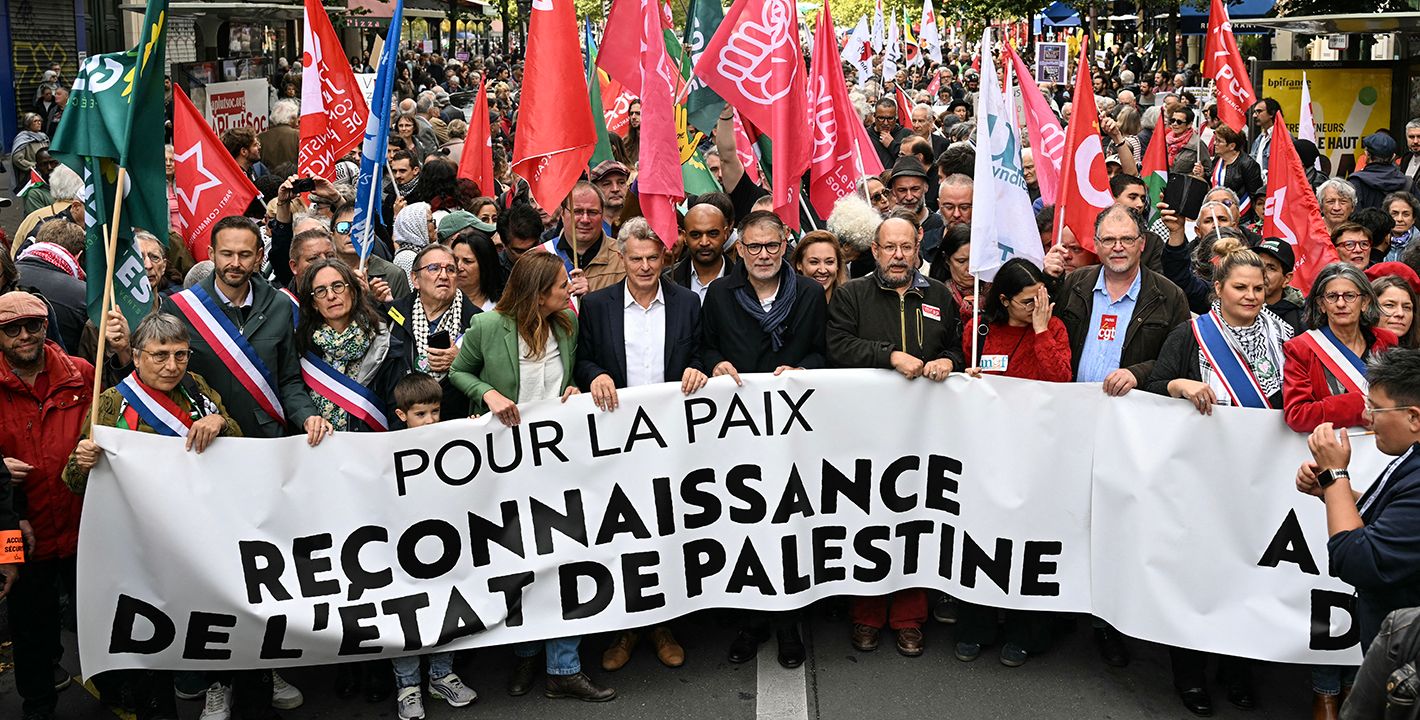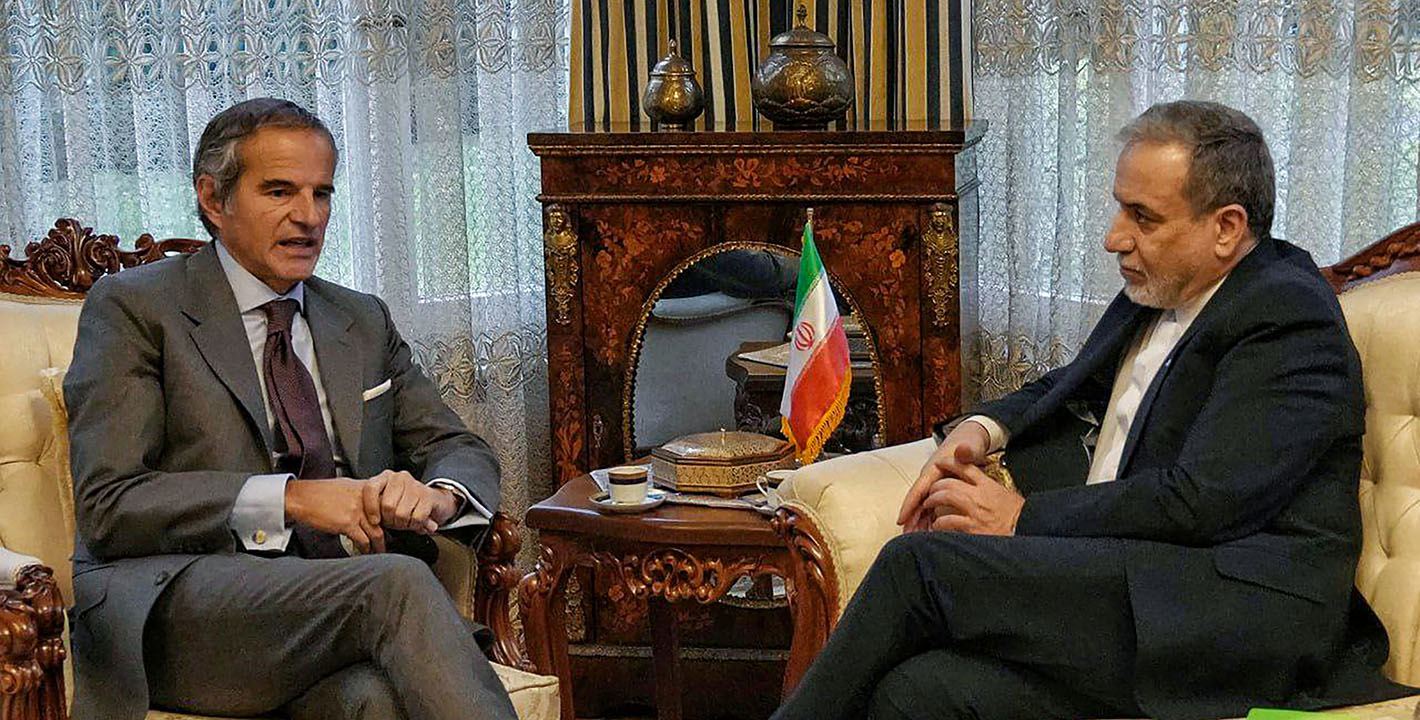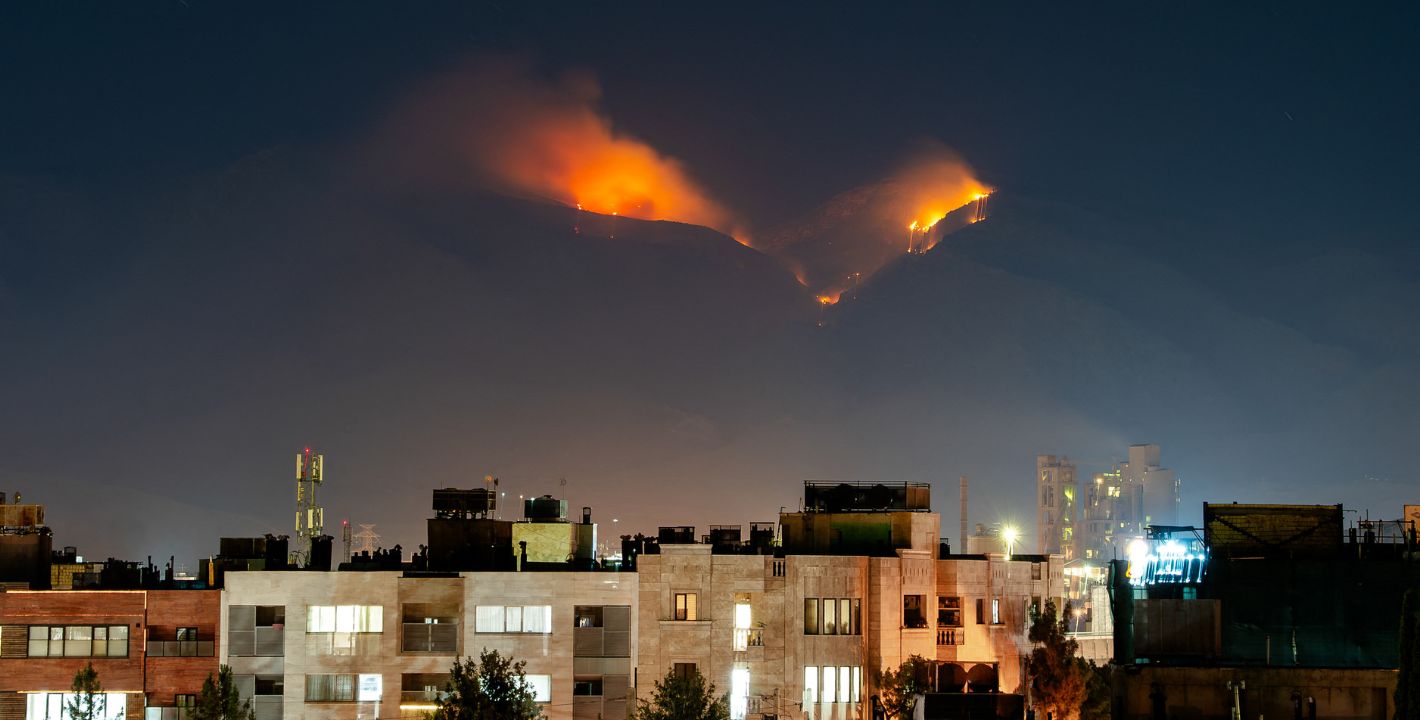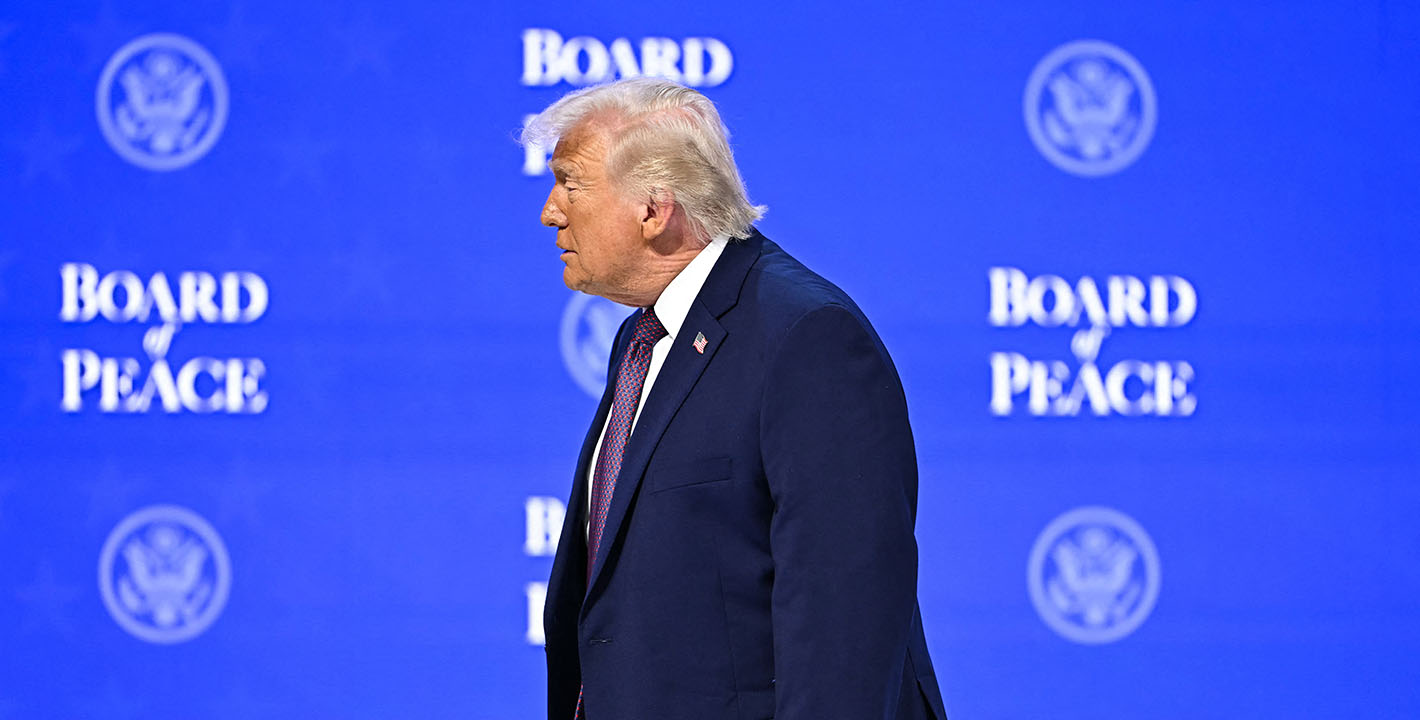Michael Young
{
"authors": [
"Michael Young"
],
"type": "commentary",
"blog": "Diwan",
"centerAffiliationAll": "",
"centers": [
"Carnegie Endowment for International Peace",
"Malcolm H. Kerr Carnegie Middle East Center"
],
"englishNewsletterAll": "",
"nonEnglishNewsletterAll": "",
"primaryCenter": "Malcolm H. Kerr Carnegie Middle East Center",
"programAffiliation": "",
"programs": [],
"projects": [],
"regions": [
"Palestine",
"Israel",
"United States"
],
"topics": []
}
Source: Getty
America’s Peace to End All Peace
By recognizing Palestine, several new states have challenged U.S. domination of the negotiations with Israel.
Israel’s strategy in recent weeks has been to disparage the decision of several countries to recognize the state of Palestine. Yet when France, the United Kingdom, Canada, Australia, Portugal, and Belgium, took such a step at the United Nations early this week, or indicated that they would, the Israeli and American reaction was anger. How strange, and telling, that a decision the Israelis and their advocates had ridiculed as “childish” and “performative,” even “an absurdity,” could provoke so excessive a response.
The Israelis were stung by the recognition decisions, as was the United States. There is much they can, and will, do to undermine Palestinian statehood. But they also know that unilateral steps to prevent a Palestinian state, through Israel’s annexation of the West Bank and Gaza for instance, could provoke severe blowback internationally. Yet what really stood out was that the Americans and Israelis appeared to realize that they had lost control of the Palestinian-Israeli narrative, one they had spent decades dominating and manipulating.
To understand what’s going on, we should recall that the United States has never recognized a Palestinian state. This may sound strange, given American sponsorship of the post-Oslo negotiations between Palestinians and Israelis. Yet for decades, successive administrations have adopted an approach that the final outcome of negotiations has to be decided in the context of the negotiations themselves. In other words, what the parties are negotiating toward is itself negotiable. This has allowed Israel to systematically extract concessions from the Palestinians, without pressure to reciprocate by accepting a Palestinian right to self-determination culminating in a state.
This logic was first expressed in February 1972, when the Nixon administration took a major decision in its systematic efforts to undermine Security Council Resolution 242 of 1967. At the time, the United States affirmed on several occasions that Israel did not need to commit itself to a full withdrawal from occupied Arab territories as part of any interim agreement with the Arabs. This was the same thinking the Americans applied during the Oslo process, whereby Israel could safely engage in endless interim negotiations, but without committing itself to accepting Palestinian statehood.
By recognizing a Palestinian state unilaterally, the mainly European countries that are allies of the United States have challenged this decades-long configuration. To protect Israel, successive U.S. administrations have sought to impose themselves as the sole gatekeeper in negotiations involving the Israelis. That is why Washington was never enthusiastic about the Geneva Conference of December 1973, which it co-sponsored with the Soviet Union. Nothing came of it as the Nixon administration preferred to deal with Arabs and Israelis themselves, without Moscow’s interference. Those nations that have just recognized Palestine, however, have effectively concluded that the U.S.-led process has failed, that Israel, with U.S. backing, is trying to kill the idea of a Palestinian state, therefore that there is no reason to yield to Washington’s displeasure.
If the United States is no longer recognized as the indispensable sponsor of a Palestinian-Israeli peace settlement, then what we have is a premise for internationalization—the idea that peace can also be pushed forward by other actors in the international community. Not that Israel will agree, of course. However, when over 150 countries have recognized Palestinian statehood, against the preferences of Israel and the United States, it means the two are going to pay an increasingly heavier diplomatic price for refusing to acknowledge, let alone endorse, the political choice of the majority.
There is a third factor that has disturbed the Israelis and Americans, namely the near insurrectionary mood in the United Nations, the venue chosen for recognition of Palestine. Despite tensions with many countries in the world body, the United States hosts the organization and remains its largest contributor. In the Security Council, the Americans could usually rely on support from the two Western European permanent members—France and the United Kingdom—to retain a majority against China and Russia. Israel, in turn, depended on U.S. vetoes to prevent any condemnation of its actions.
Yet today, on the Palestinian statehood question, the Americans stand completely alone. They still hold veto power, but continuously vetoing decisions approved by all other permanent Security Council members, or disregarding the votes of virtually all states in the General Assembly, will damage U.S. political standing. It will also highlight how outside the consensus the Americans are, when for decades they were the ones dictating the consensus.
There are also some potential procedural risks, as laid out by Charles Freeman, a former U.S. ambassador. Freeman recalled that, in the case of a deadlocked UN Security Council, the General Assembly can meet in an emergency session to pass a resolution under the Uniting for Peace precedent, allowing it to circumvent the deadlock. This is what happened during the Korean War. Such resolutions are not binding, but would put the United States and Israel in the hot seat. The fact that two longstanding U.S. friends on the Security Council now differ with Washington over the Palestinian issue could, potentially, make it easier for the General Assembly to replicate this precedent.
Another criticism of the recognition decision is that it will not bring a Palestinian state any closer to fruition. Probably, but the unease of the Israelis and their facilitators may derive from a precedent that they prefer not to mention today: the Balfour Declaration. When Britain issued the declaration in November 1917, the Ottoman Empire still controlled Palestine. An allied victory was certainly likely at the time, but it would still take another year for the empire to surrender. In other words, one could argue that the Balfour Declaration also had a performative dimension to it, particularly as the vast majority of the population in Palestine was Arab. Britain would even try to walk back aspects of the declaration in the white papers of 1922, 1930, and 1939, but would always struggle to do so because of the initial declaration’s great power.
The Palestinians are probably making a similar calculation about the latest decisions involving them. They can see that the two countries most opposed to their state are isolated, even among allies; that U.S. actions at the UN are holding the international community hostage on Palestine; and that an American monopoly over mediation in a Palestinian-Israeli settlement is no longer regarded as legitimate by many countries, implying that internationalization of a solution may have a better chance of succeeding.
This is the natural summation of the American thinking behind the three-decade-old Oslo process, which was never aimed at securing Palestinian national rights. Those condemning the countries that have just recognized Palestine argue that their action makes peace more distant than ever. That’s laughable, because peace was never truly possible under the conditions the Americans and Israelis had forced on the lumbering Oslo process. For decades, the preferred Israeli template has been that of a Palestinian entity that is less than a state, devoid of sovereignty, denied a right of return for its refugee population, under Israeli geographical and security control. The United States has fully bought into this.
What the latest moves at the UN have underlined is that the American and Israeli superstructure governing past negotiations is no more. The Israelis, in the words of their own parliamentarians, are now openly describing their intention to ethnically cleanse Gaza, and to follow this up with the same in the West Bank. What peace can this bring that would make a delay in approving Palestinian statehood preferable? It’s not surprising that America’s partners no longer want to be part of Israeli crimes. The vote on recognition, far from being absurd, signals the first moment of real truth on the Palestinian-Israeli front in four decades. That’s what has so enraged Israel and its American enablers.
About the Author

Editor, Diwan, Senior Editor, Malcolm H. Kerr Carnegie Middle East Center
Michael Young is the editor of Diwan and a senior editor at the Malcolm H. Kerr Carnegie Middle East Center.
- Iran and the New Geopolitical MomentCommentary
- A Mechanism of CoercionCommentary
Michael Young
Recent Work
Carnegie does not take institutional positions on public policy issues; the views represented herein are those of the author(s) and do not necessarily reflect the views of Carnegie, its staff, or its trustees.
More Work from Diwan
- U.S. Aims in Iran Extend Beyond Nuclear IssuesCommentary
Because of this, the costs and risks of an attack merit far more public scrutiny than they are receiving.
Nicole Grajewski
- What Gaza Showed UsCommentary
The conflict did not reshape Arab foreign policy; on the contrary it exposed its limits.
Angie Omar
- The Jamaa al-Islamiyya at a CrossroadsCommentary
The organization is under U.S. sanctions, caught between a need to change and a refusal to do so.
Mohamad Fawaz
- Iran and the New Geopolitical MomentCommentary
A coalition of states is seeking to avert a U.S. attack, and Israel is in the forefront of their mind.
Michael Young
- All or Nothing in GazaCommentary
Implementing Phase 2 of Trump’s plan for the territory only makes sense if all in Phase 1 is implemented.
Yezid Sayigh








